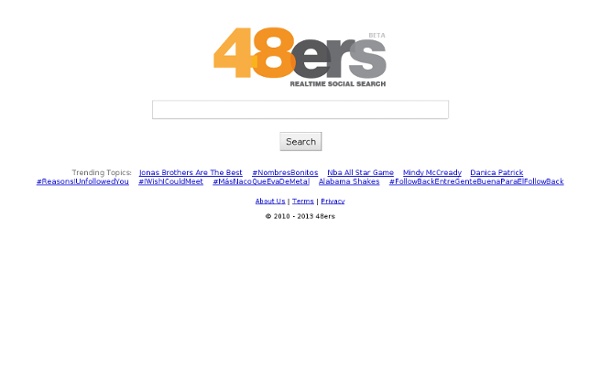



List of academic databases and search engines Wikipedia list article This page contains a representative list of notable databases and search engines useful in an academic setting for finding and accessing articles in academic journals, institutional repositories, archives, or other collections of scientific and other articles. Databases and search engines differ substantially in terms of coverage and retrieval qualities.[1] Users need to account for qualities and limitations of databases and search engines, especially those searching systematically for records such as in systematic reviews or meta-analyses.[2] As the distinction between a database and a search engine is unclear for these complex document retrieval systems, see: the general list of search engines for all-purpose search engines that can be used for academic purposesthe article about bibliographic databases for information about databases giving bibliographic information about finding books and journal articles. Operating services[edit]
Free Book Search Free Book Search's document search tool is designed to return the maximum number of online documents from specific types of websites as per the users' choice. We have made this search portal very robust so that using the tools on this page, if a document exists somewhere - even hidden away - on the Internet, you will find it here. This is one of the only online tools that will actually find books and documents on non-book sites. Most other tools sift through digital libraries or known locations of e-books and documents, our searches also scan private collections that are normally hidden. There are a few methods for finding documents, and we have tried to incorporate all of them in one place by using the 'radio buttons'. You may need to try using a few of the search techniques to find what you are looking for, and you may need to sift through a number of documents.
List of People search engines This is a list of articles about search engines, including web search engines, selection-based search engines, metasearch engines, desktop search tools, and web portals and vertical market websites that have a search facility for online databases. By content/topic General P2P search engines
60 Awesome Search Engines for Serious Writers June 20th, 2010 Finding the information you need as a writer shouldn’t be a chore. Luckily, there are plenty of search engines out there that are designed to help you at any stage of the process, from coming up with great ideas to finding a publisher to get your work into print. Both writers still in college and those on their way to professional success will appreciate this list of useful search applications that are great from making writing a little easier and more efficient. Professional Find other writers, publishers and ways to market your work through these searchable databases and search engines. 10 Search Engines to Explore the Invisible Web Not everything on the web will show up in a list of search results on Google or Bing; there are lots of places that their web crawlers cannot access. To explore the invisible web, you need to use specialist search engines. Here are our top 12 services to perform a deep internet search. What Is the Invisible Web?
Meta-Search Engines-The Library "Smarter" meta-searcher technology includes clustering and linguistic analysis that attempts to show you themes within results, and some fancy textual analysis and display that can help you dig deeply into a set of results. However, neither of these technologies is any better than the quality of the search engine databases they obtain results from. Few meta-searchers allow you to delve into the largest, most useful search engine databases. They tend to return results from smaller and/or free search engines and miscellaneous free directories, often small and highly commercial. Although we respect the potential of textual analysis and clustering technologies, we recommend directly searching individual search engines to get the most precise results, and using meta-searchers if you want to explore more broadly.
99 Resources to Research & Mine the Invisible Web College researchers often need more than Google and Wikipedia to get the job done. To find what you're looking for, it may be necessary to tap into the invisible web, the sites that don't get indexed by broad search engines. The following resources were designed to help you do just that, offering specialized search engines, directories, and more places to find the complex and obscure. Search Engines Whether you're looking for specific science research or business data, these search engines will point you in the right direction.
100 Useful Tips and Tools to Research the Deep Web By Alisa Miller Experts say that typical search engines like Yahoo! and Google only pick up about 1% of the information available on the Internet. The rest of that information is considered to be hidden in the deep web, also referred to as the invisible web. So how can you find all the rest of this information? Mobile search Market description[edit] "Competition for the US mobile search market promises to be fierce, thanks to the large US online ad market and strong pushes by portals. By 2011, mobile search will account for around $715 million, or almost 15% of a total mobile advertising market worth nearly $4.7 billion", according to a leading market research firm; eMarketer.[1] Depending on a researcher's particular bias toward telecom, Web or technology factors, the published forecasts for global mobile search vary from $1.5 billion by 2011 (from Informa Telecoms & Media) to over $11 billion by 2008 (according to Piper Jaffray).[2] Mobile search is important for the usability of mobile content for the same reasons as internet search engines became important to the usability of internet content. Early internet content was largely provided by portals such as Netscape.
Interesting tool for searching social media by bazzan Aug 10